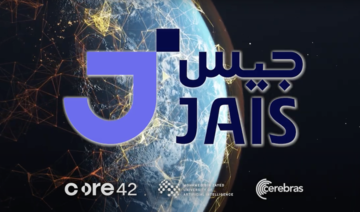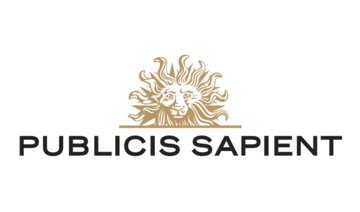DUBAI: Amazon, for the second year in a row, is consumers’ most preferred ad platform, while TikTok is the most “attention-grabbing,” according to the Kantar Media Reactions 2023 report.
The annual study, conducted by marketing insights and analytics company Kantar, delves into the attitudes of consumers and marketers to ad platforms and channels.
The global study was conducted across 23 markets including Saudi Arabia, the UAE and Egypt.
For consumers, the most-preferred ad platforms are Amazon, followed by Google, TikTok, Instagram and Spotify.
Among marketers, YouTube has jumped to the top of the list, improving trust by 6 percent year-on-year, followed by Google, Instagram, TikTok and Spotify.
Marketers favor YouTube and Google because they are established brands, even if the former does not rank in consumers’ most-preferred ad platforms, according to the report.
While Instagram has moved up for consumers, it has gone down for marketers. Consumers find Instagram ads to be more fun and entertaining this year, but for marketers, the innovation of ads on Instagram has fallen 12 percent since 2021.
TikTok, on the other hand, is popular with both marketers and consumers making it the most attention-grabbing ad platform, according to the research.
The app featured in the top five preferred ad platforms for both groups and was voted as the single best ad platform for capturing attention by both groups.
Elon Musk’s X, formerly Twitter, has suffered “reputational damage” among marketers, according to the report, which shows a decline in perceptions of both innovation and trust.
Moreover, 14 percent of marketers said they will reduce their ad investment on the platform in 2024.
Artificial intelligence has been a buzzing topic in the media industry and both consumers (55 percent) and marketers (66 percent) are positive about it. However, it is still early days for AI in marketing, according to the report.
Another digital innovation that made waves last year was the metaverse with 61 percent of marketers claiming they would increase spending in the metaverse in 2023. However, the actual net increase was only 12 percent.
This year’s report also showed that in-person touchpoints dominate consumers’ preferred channels with sponsored events taking the lead followed by cinema ads, point of sale, and out-of-home as well as digital out-of-home.
Marketers, however, seem to be more focused on digital channels with the most preferred being online video, followed by sponsored events, digital-out-of-home, video streaming ads and online stories.
Television, which has historically been a marketer’s favorite channel, was notably missing from the top five list, falling from third place last year to 12th in 2023.
Marketers’ trust in TV ads is still high, but it has fallen 5 percent since 2021. The increase in trust in other channels combined with TV’s lack of innovation has resulted in only 6 percent of marketers saying they will increase spend on TV in 2024.
“While TV as a preferred channel is losing steam amongst global marketers, it remains a key channel in the Middle East and the lynchpin of ad campaigns for marketers in the region, so while online gains traction, traditional channels are here to stay,” said Sagar Dhal, media lead at Kantar Middle East.
“In Saudi Arabia, we see that audiences continue to favor local channels with the highest trust still concentrated among offline channels,” he told Arab News.
In the UAE, TV is the most popular ad channel followed by out-of-home and digital out-of-home with consumers having a more positive attitude toward out-of-home ads, Dhal added.
Globally and in the Middle East, the report suggests a dissonance between consumers’ and marketers’ preferred platforms and channels.
“Both groups have a positive attitude towards digital-out-of-home, e-commerce, cinema and social media, but channels such as sponsored events, newspaper, magazines and TV show a variation in attitudes; consumer expectations are skewed towards these channels whereas marketers are not,” Dhal said.
He added that “marketers need to bridge this gap to address consumer expectations” and particularly in Saudi Arabia, “marketers need to focus on channels that matter for each campaign depending on the objective and not dilute the media mix per campaign.”




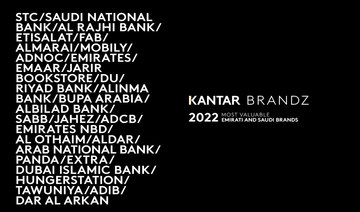


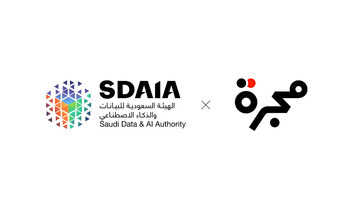
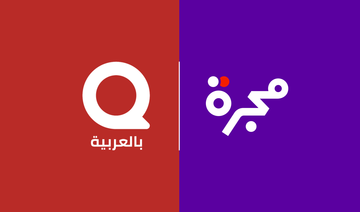

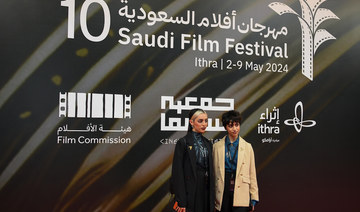

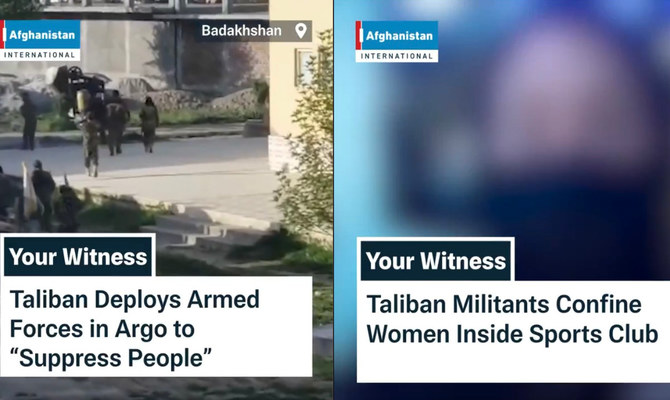
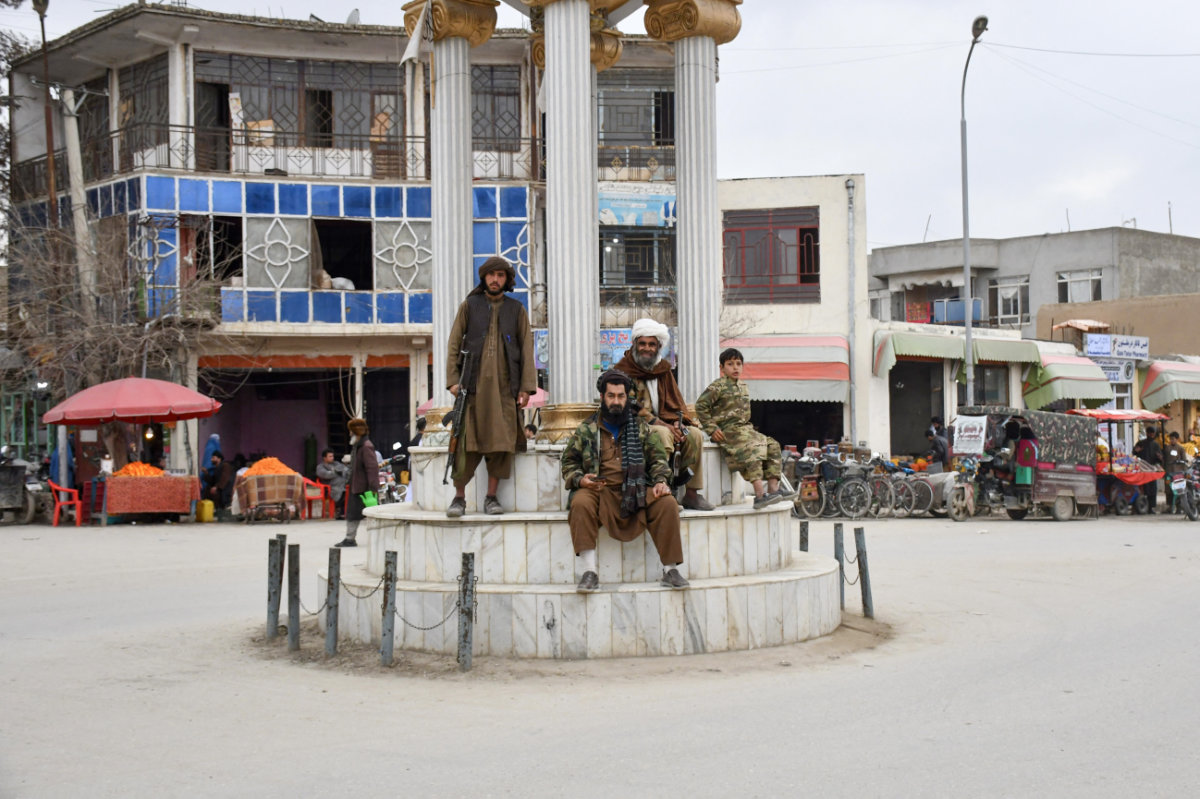
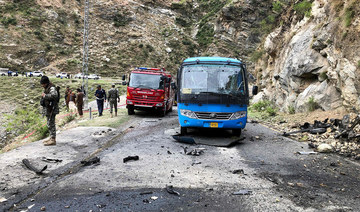
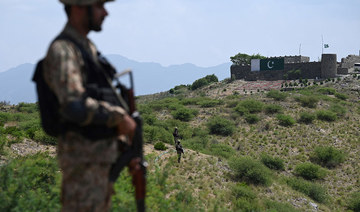
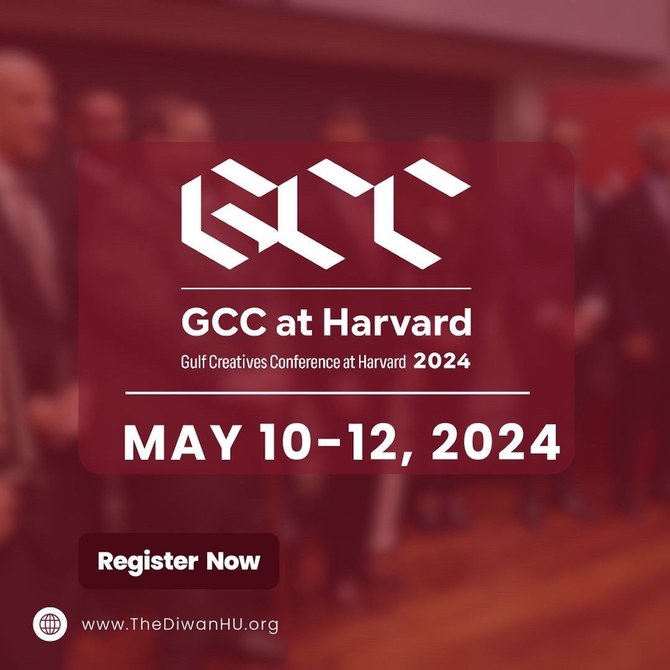
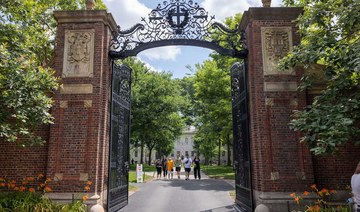
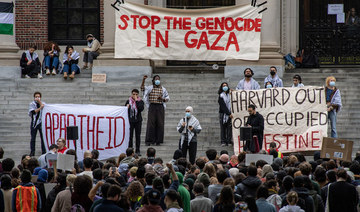
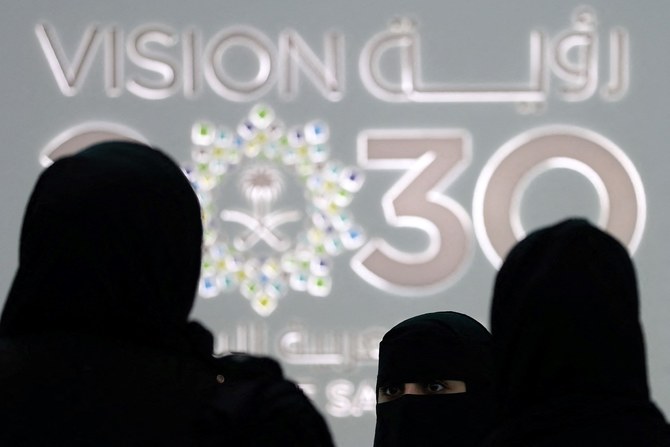
 Staffing the new office is a “critical aspect of our expansion strategy” and the company is currently focusing on making “strategic hires,” including a new local senior management team, with the objective of ensuring “we have the right talent in place to meet the dynamic needs of our clients, driving our success not only in Riyadh, but across Saudi as a whole,” Leach said.
Staffing the new office is a “critical aspect of our expansion strategy” and the company is currently focusing on making “strategic hires,” including a new local senior management team, with the objective of ensuring “we have the right talent in place to meet the dynamic needs of our clients, driving our success not only in Riyadh, but across Saudi as a whole,” Leach said.